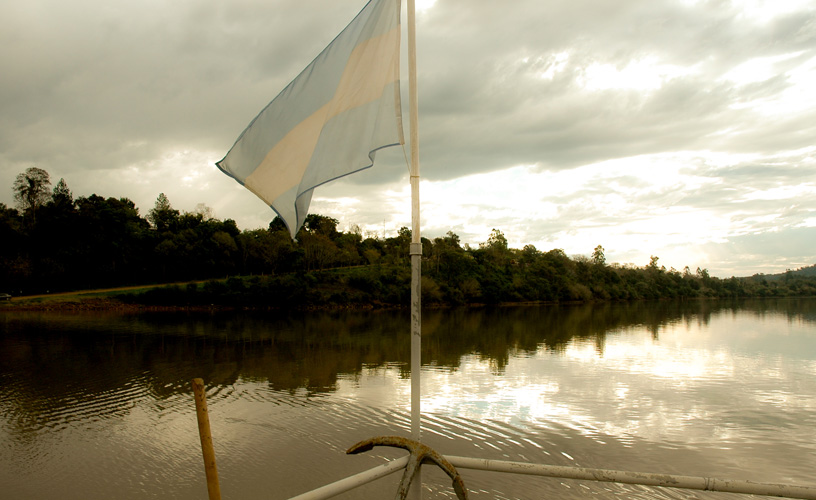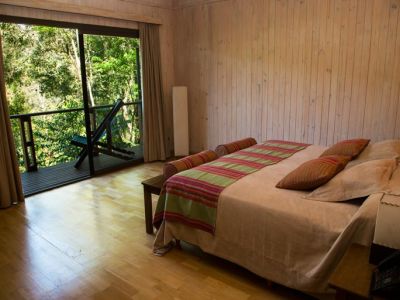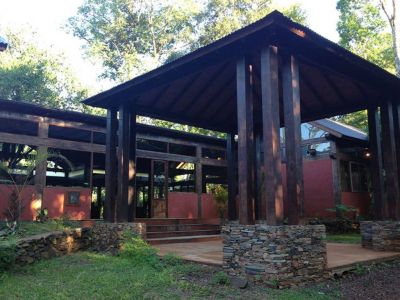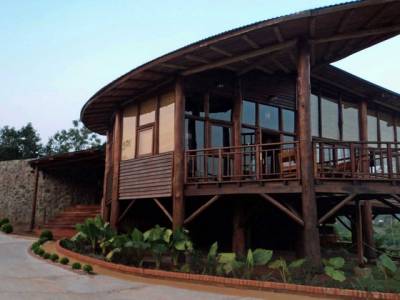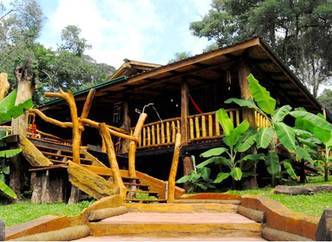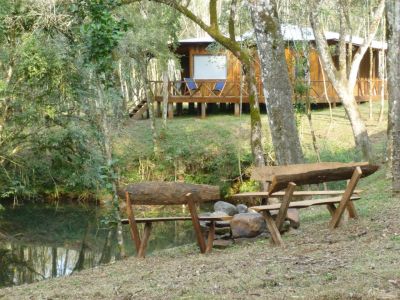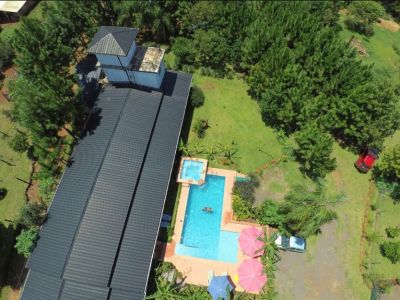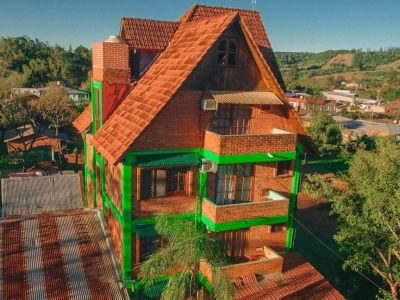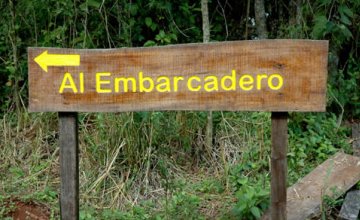Throughout the years, the main source of income at the City of El Soberbio was agricultural production and the exploitation of its native forests. Recently, it has come to be known as the Essence Capital of Argentina for the citronella, lemongrass and geraniol plantations, among others. These single crops, along with tobacco and tung, were adopted as a way of letting forest exploitation rest after this activity was affected by the laws defending indiscriminate logging. Thus, the habit of planting citronella began. This perennial plant requires low maintenance and preserves the soil. It allows two annual harvests. However, it is even more curious to hear that at its early stages it was used as a repellent to keep off mosquitoes and other local insects that cause zoonosis.
Aromas of the Rainforest
Local production is industrialized to obtain essential oils and the commercial chain is formed with producers, gatherers, still experts, wholesalers and retailers.
As far as local agricultural tourism is concerned, we paid a visit to Carlos Yunis' "house-workshop-museum". This self-taught researcher was willing to show us his lab. He carried out diverse processes in front of us to explain how over a hundred vegetable species he has studied are turned into essential oils and extracts. He puts the leaves in a still. Steam is produced and the oil is distilled, which must be later condensed in order to lower its temperature. The resins from tea, yerba mate or tobacco have no secrets for him. This way, everything from disinfectants to aphrodisiac perfumes are obtained.
Even if tobacco and yerba plantations are still held in the upper Uruguay zone, rates paid for aromatic products are more profitable. The best known herbs include citronella, lemon verbena and geraniol. However, experimentation continues. We were told that citronella drips year round. It is not affected either by drought or hail. Its only enemy is frost. Besides, we know that the aromatherapy industry has come into fashion.
Mónica Pons
Pablo Etchevers





